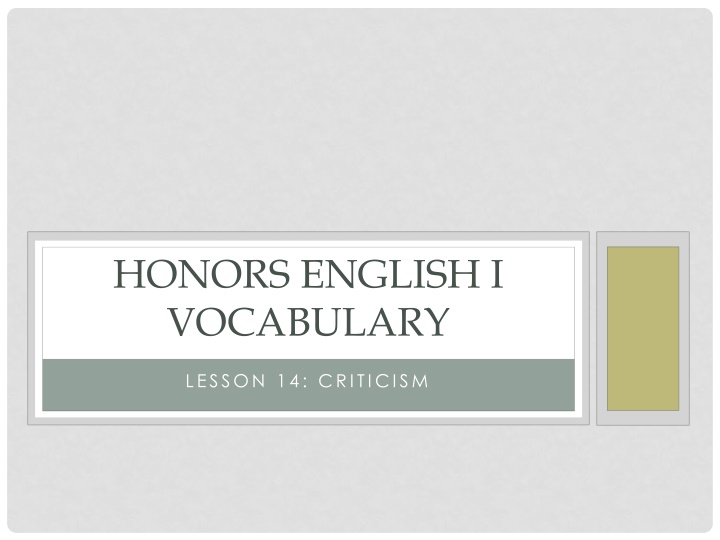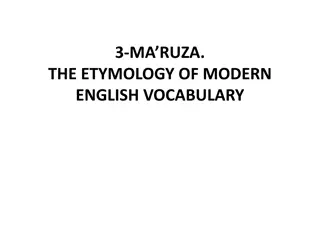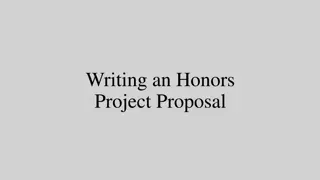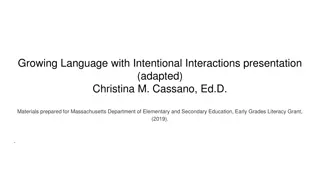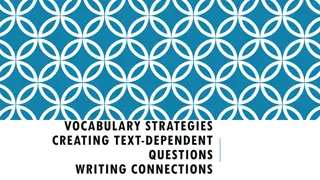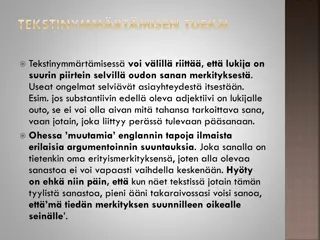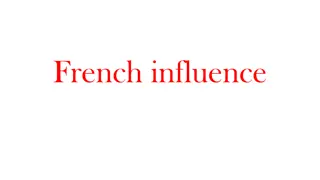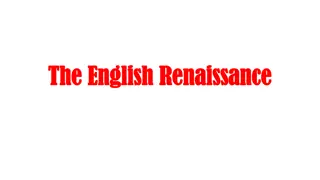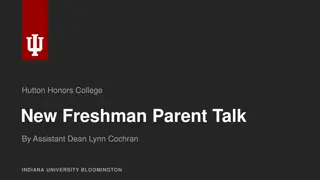HONORS ENGLISH I VOCABULARY
Explore the definitions and examples of acrimonious, chastise, derogatory, disparage, harass, impugn, innuendo, and invective. Enhance your vocabulary with these impactful criticism terms. Visual aids included.
Uploaded on Feb 23, 2025 | 0 Views
Download Presentation

Please find below an Image/Link to download the presentation.
The content on the website is provided AS IS for your information and personal use only. It may not be sold, licensed, or shared on other websites without obtaining consent from the author.If you encounter any issues during the download, it is possible that the publisher has removed the file from their server.
You are allowed to download the files provided on this website for personal or commercial use, subject to the condition that they are used lawfully. All files are the property of their respective owners.
The content on the website is provided AS IS for your information and personal use only. It may not be sold, licensed, or shared on other websites without obtaining consent from the author.
E N D
Presentation Transcript
HONORS ENGLISH I VOCABULARY LESSON 14: CRITICISM
ACRIMONIOUS (adjective) Bitter and ill-natured in language and tone. Example: Grumpy, a dwarf in Snow White, has an acrimonious disposition, but he is still loveable.
CHASTISE (trans verb) a. To punish for misbehavior or wrongdoing. b. To criticize severely. Example: Delores Umbridge chastises students incessantly for minor infractions, particularly Harry Potter.
DEROGATORY (adjective)Detracting from the character or standing of someone or something; expressive of a low opinion; disdainful. Example: Draco Malfoy calls Hermione the derogatory name mud blood.
DISPARAGE (trans verb) a. To speak of as unimportant or inferior; belittle. b. To lower in rank or reputation. Example: The evil queen s disparaging remarks about her servants left them feeling inferior.
HARASS (trans verb) a. To bother or torment repeatedly and persistently. b. To carry out repeated attacks or raids against. Example: Poor Cinderella had to endure her stepmother s and stepsisters harassment for years.
IMPUGN (trans verb) a. To criticize or refute by argumentation. b. To oppose as false or withdrawn; cast doubt on. Example: In five minutes of cross-examination, the attorney had impugned the defendant s testimony.
INNUENDO (noun) a. A roundabout, often spiteful reference to someone or something not named; an insinuation. b. An indirect suggestion meant to discredit a person. Example: Many Hollywood gossip columnists spread celebrity rumors by innuendo.
INVECTIVE (noun) Sharp, harsh, insulting words used to attack; violent denunciation or abuse. Example: Edgar Allan Poe often wrote invective remarks about his writing contemporaries.
REPROVE (trans verb) a. To scold or correct, usually gently and with kindly intent. b. To express disapproval of. Example: I often have to reprove my cats for jumping on the kitchen counters. (They still don t listen.)
VILIFY (trans verb) To utter slanderous and abusive statements against; defame; speak evil of. Example: Hans tried to vilify Elsa against Anna in Frozen, but it did not work.
